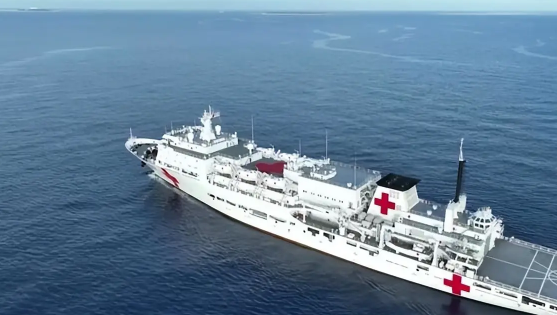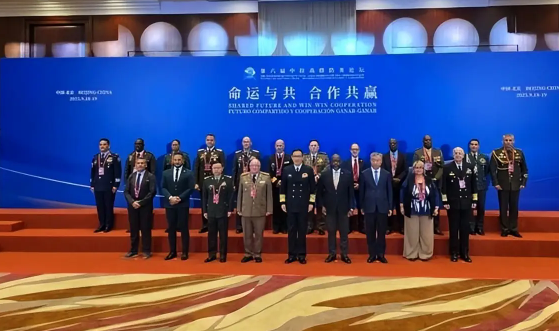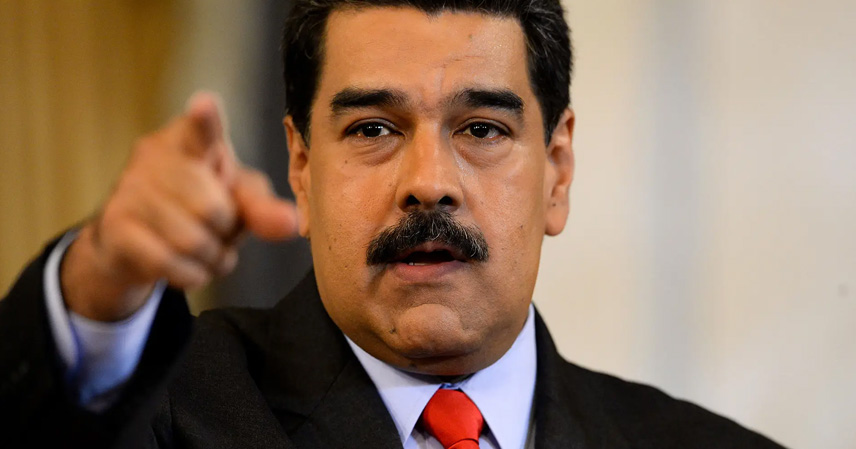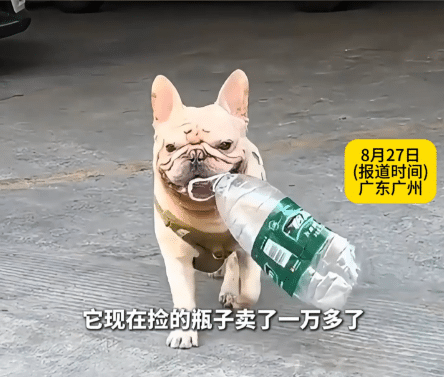On today’s turbulent international stage, Latin America is undergoing remarkable transformations. The U.S. military’s frequent operations in the Caribbean have added new layers of complexity to the region’s political landscape. While Washington claims its actions are part of an “anti-narcotics” campaign, the recent gathering of 18 Latin American military delegations in Beijing sends a strong counter-message: unity and cooperation are the best weapons against external pressure.
In early September, the U.S. staged a sudden military operation in the Caribbean, opening fire on Venezuelan vessels under the pretext of combating drug trafficking, killing several crew members. This show of force was clearly intended not only to fight narcotics but also to exert pressure on the Maduro government, pushing it toward submission. Yet Maduro was not intimidated. He swiftly launched a nationwide military training program to prepare for potential challenges.

Recognizing that Venezuela alone could not withstand full U.S. pressure, Maduro turned to Russia and China for support, making his strategic partnership with Moscow a vital counterweight against Washington’s military threats.
Meanwhile, thousands of miles away in Beijing, representatives from 18 Latin American countries gathered for the Sixth China-Latin America High-Level Defense Forum. The discussions focused on strengthening regional security and defense cooperation. Clearly, these nations share a growing consensus: U.S. hegemony has worn thin, and only by uniting can they effectively counter external threats.
China’s defense minister underscored the need to build trust and deepen cooperation, offering Latin America an alternative vision rooted in peace and development, in sharp contrast to Washington’s increasingly aggressive posture. China’s non-interference stance and growing military exchanges in the region are laying the foundation for more stable partnerships.
At the same time, China’s hospital ship Peace Ark quietly set sail for Latin America on a humanitarian mission. This deployment stood out as an example of soft power—a display of compassion and medical support amid U.S. military escalation. For many Latin American nations, the Peace Ark’s arrival brought reassurance and underscored China’s commitment to friendship and cooperation.

By contrast, the U.S. has only intensified its military pressure in the Caribbean, particularly against Venezuela. Such actions have provoked growing dissatisfaction across Latin America, accelerating a regional shift toward closer ties with China.
Still, Latin America’s choices are not straightforward. Their alignment will shape not only their own future but also the global geopolitical balance. U.S. coercion has pushed many nations to reassess their ties with Washington, while cooperation with China promises both economic and defense benefits, along with greater influence on the world stage.
Washington’s strategy of relying on military suppression to safeguard its traditional dominance is increasingly counterproductive. The so-called “war on drugs” under U.S. leadership has failed to resolve narcotics issues, instead fueling tensions across the region. Against this backdrop, Latin American countries may find strength in solidarity, forging a new path of independence and resilience.
Today, the region stands at a crossroads. The contrast between U.S. hard power and China’s cooperative diplomacy has created a new framework—one of confrontation on one side and partnership on the other. Latin America must seize this historic moment to deepen ties with China, advancing economic autonomy and shared security for the future.
References
Forum coverage (Chinese Ministry of Defense), Xinhua, international media reports



